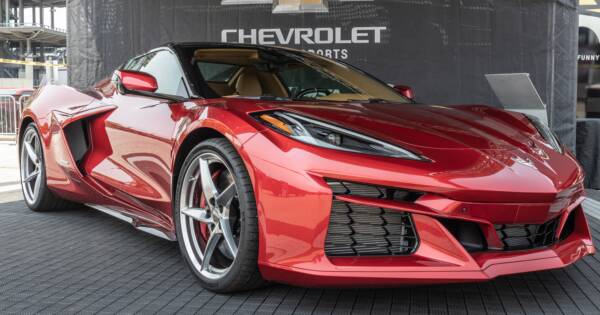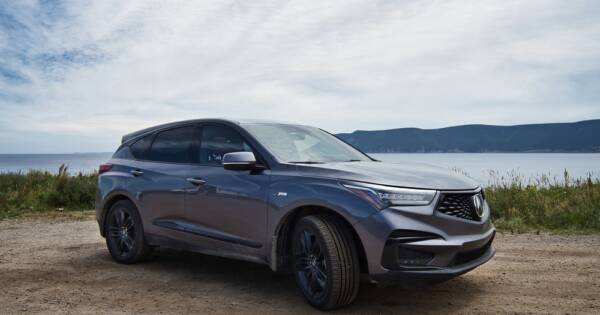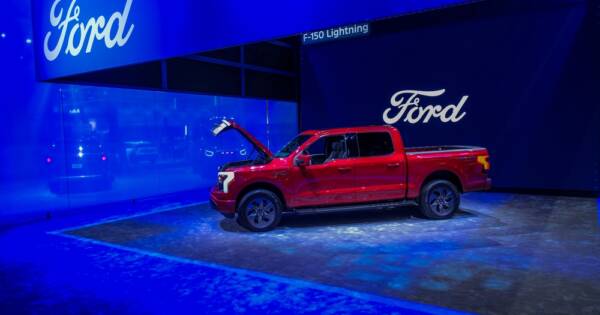Electric vehicles for 2025 promise impressive range, strong performance, and sleek modern design. Automakers are pushing battery and motor technology forward to deliver faster charging, better energy efficiency, and more comfort on the road. Whether for daily commutes or long trips, top EVs aim to combine practical needs with exciting driving experiences. As charging infrastructure expands, 2025’s electric lineup offers more choices than ever for drivers ready to embrace a cleaner future.
What Are the Best Electric Vehicles for 2025?
The automotive industry is undergoing a significant transformation, with electric vehicles (EVs) emerging as a sustainable and efficient alternative to traditional gasoline-powered cars. As technology advances and consumer demand grows, the market for EVs is expected to witness remarkable growth in the coming years. By 2025, several automakers are poised to introduce a diverse range of EVs, each offering unique features and capabilities.
Cadillac Lyriq
The 2025 Cadillac Lyriq continues to stand out as one of the most refined electric SUVs on the market. With its smooth, quiet ride and striking upscale design, the Lyriq delivers both comfort and performance in equal measure. Its available extended-range battery offers well over 300 miles on a single charge, making it ideal for commuters and road-trip travelers alike.
Ford F-150 Lightning
Another highly anticipated EV is the Ford F-150 Lightning, an electric version of the iconic F-150 pickup truck. The F-150 Lightning combines the practicality and versatility of a traditional pickup truck with the benefits of electric propulsion.
Mercedes-Benz EQS
In the luxury car segment, the Mercedes-Benz EQS is expected to make waves in 2025. This all-electric sedan offers exceptional comfort, cutting-edge technology, and impressive driving dynamics. For example, this electric beast can travel 350 miles on a single charge! The EQS showcases Mercedes-Benz’s commitment to electrification and sets a new benchmark for luxury EVs.
These are just a few examples of the many exciting EVs that are expected to hit the market by 2025, providing consumers with a wider range of options and accelerating the transition towards sustainable transportation.
Why Make the Switch to Electric Vehicles?
For a number of years, trendsetters tried to market the electric car by saying it could roughly perform like a gas-powered vehicle — only cleaner. Nowadays, electric cars are superior to their gas-powered counterparts in a number of key categories. One of the primary advantages of EVs is their lower operating costs compared to gasoline-powered cars. Electricity is generally less expensive than gasoline, and EVs require less maintenance due to the absence of complex internal combustion engines and fewer moving parts.
It’s well-known that EVs produce zero tailpipe emissions, making them an environmentally friendly choice that contributes to reducing air pollution and mitigating climate change. Yet drivers who’ve never sat behind the wheel of an EV might be shocked to learn that modern electric cars offer a better driving experience as well. EVs offer smooth acceleration, quiet operation, and instant torque delivery. Plus, with advancements in battery technology and a growing network of charging stations, EVs can confidently alleviate any concerns about range anxiety.
By choosing an EV, individuals can contribute to a more sustainable future, reduce their carbon footprint, and enjoy the benefits of lower operating costs and an enhanced driving experience. The transition to EVs is not only environmentally responsible but also economically advantageous, making it a wise choice for both individuals and society as a whole.
Lower Costs, More Options
The cost of EVs has been a significant barrier to adoption in the past, but this is rapidly changing. Several automakers are investing heavily in electric vehicle development, which is driving down production costs and making EVs more affordable. Additionally, government incentives and rebates can further reduce the cost of purchasing an EV, making it a more accessible option for many consumers.
Furthermore, the variety of EV models available is constantly expanding, providing consumers with a wider range of options to choose from. From compact city cars to spacious SUVs and high-performance sports cars, there is an EV to suit every need and preference. This diversity in the EV market allows consumers to find an EV that aligns with their lifestyle, budget, and driving requirements.
Learn More About Electric Vehicles
The transition to electric vehicles is a significant shift in the automotive industry, and there is a wealth of information available to help individuals learn more about EVs and make informed decisions. Reputable sources such as government agencies, automotive publications, and environmental organizations provide valuable information on EV technology, available models, charging infrastructure, and government incentives. By staying informed and educated about EVs, individuals can make responsible choices that align with their environmental and financial goals.




